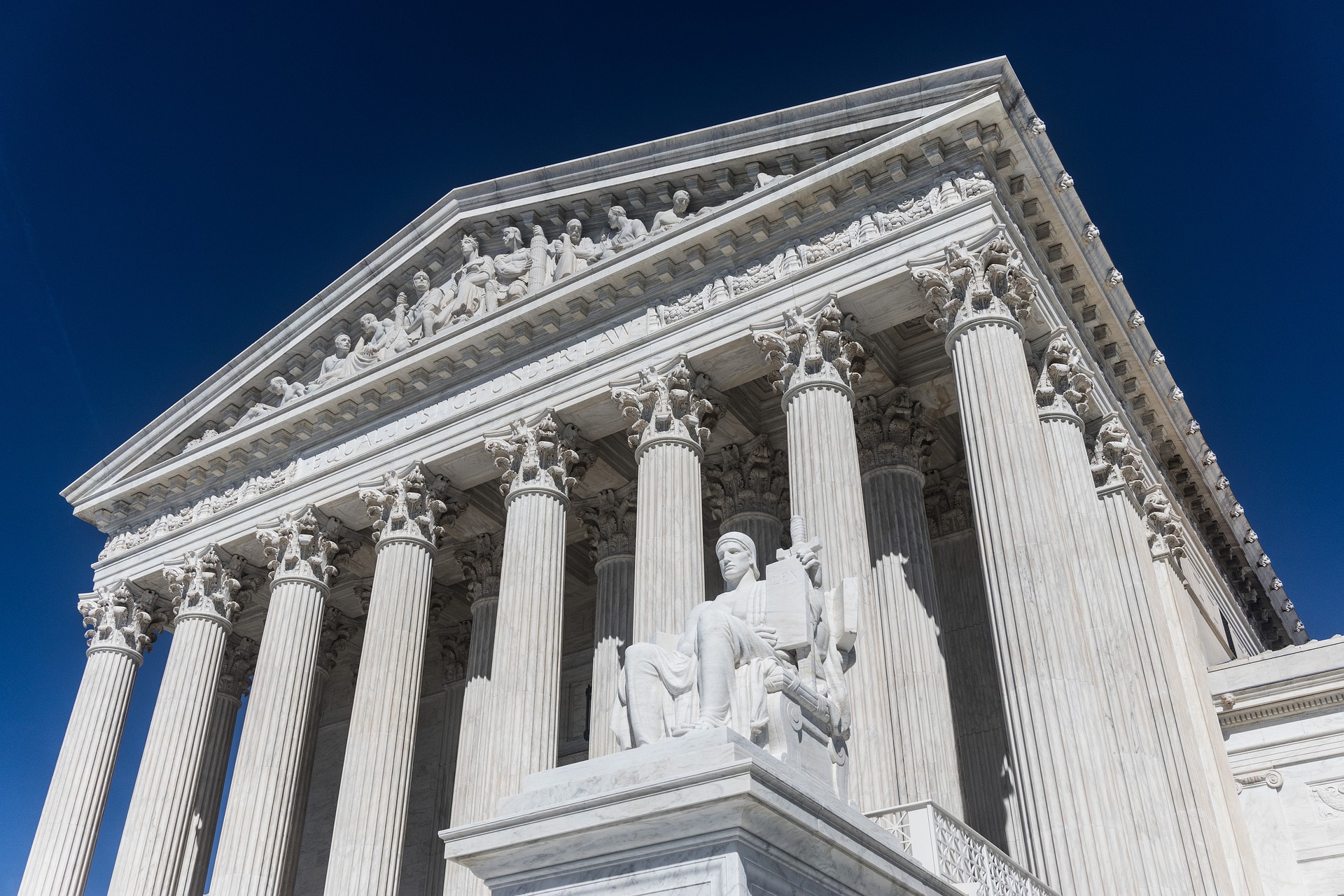Understanding the Implications of the Global Magnitsky Act: A Shift in Human Rights Accountability
The Global Magnitsky Act has emerged as a powerful tool in promoting human rights and combating corruption worldwide. This article delves into the background of the Act, recent legislative modifications, and its implications for international law and global society.

A Brief History of the Global Magnitsky Act
The Global Magnitsky Human Rights Accountability Act, enacted by the U.S. Congress in 2016, was named after Sergei Magnitsky, a Russian lawyer who died in prison after exposing corruption in the Russian government. The Act aims to sanction foreign individuals and entities involved in significant human rights abuses or grand corruption. It authorizes the U.S. government to freeze assets and ban visas of these offenders, effectively isolating them from the U.S. financial system.
Recent Modifications and Expansions
In 2020, the Act was expanded through an executive order, broadening the scope to include not only individuals but also corporations and foreign governments. This expansion also gives the U.S. more flexibility to target a wider range of human rights abuses and corruption. It signifies the U.S.’s commitment to human rights and sets a precedent for other nations to follow.
The Act’s Impact on International Law
The Global Magnitsky Act has significant implications for international law. It reflects an evolving understanding of state sovereignty and human rights responsibilities, reinforcing the notion that gross human rights violations are a concern to all states. The Act also bolsters the principle of universal jurisdiction, allowing domestic laws to have extraterritorial effects.
Societal Implications and Repercussions
The Act has profound societal implications. It provides a mechanism for victims of human rights abuses and corruption to seek justice. However, there are concerns about the Act’s potential misuse for political purposes, leading to unintended consequences. The Act’s effectiveness also depends on the willingness of other countries to cooperate, raising questions about its viability in a world marked by geopolitical complexities.
The Future of the Global Magnitsky Act
The future of the Global Magnitsky Act is uncertain. While it remains a potent tool for promoting human rights and combating corruption, its implementation faces significant challenges. It requires robust international cooperation and careful balancing to ensure it serves its intended purpose without becoming a tool of political manipulation.
In summary, the Global Magnitsky Act represents a shift in international law and global accountability for human rights abuses and corruption. It is a testament to the evolving understanding of human rights responsibilities in the global community. However, its effectiveness hinges on careful implementation and robust international cooperation. It is a step in the right direction, but its journey has only just begun.




